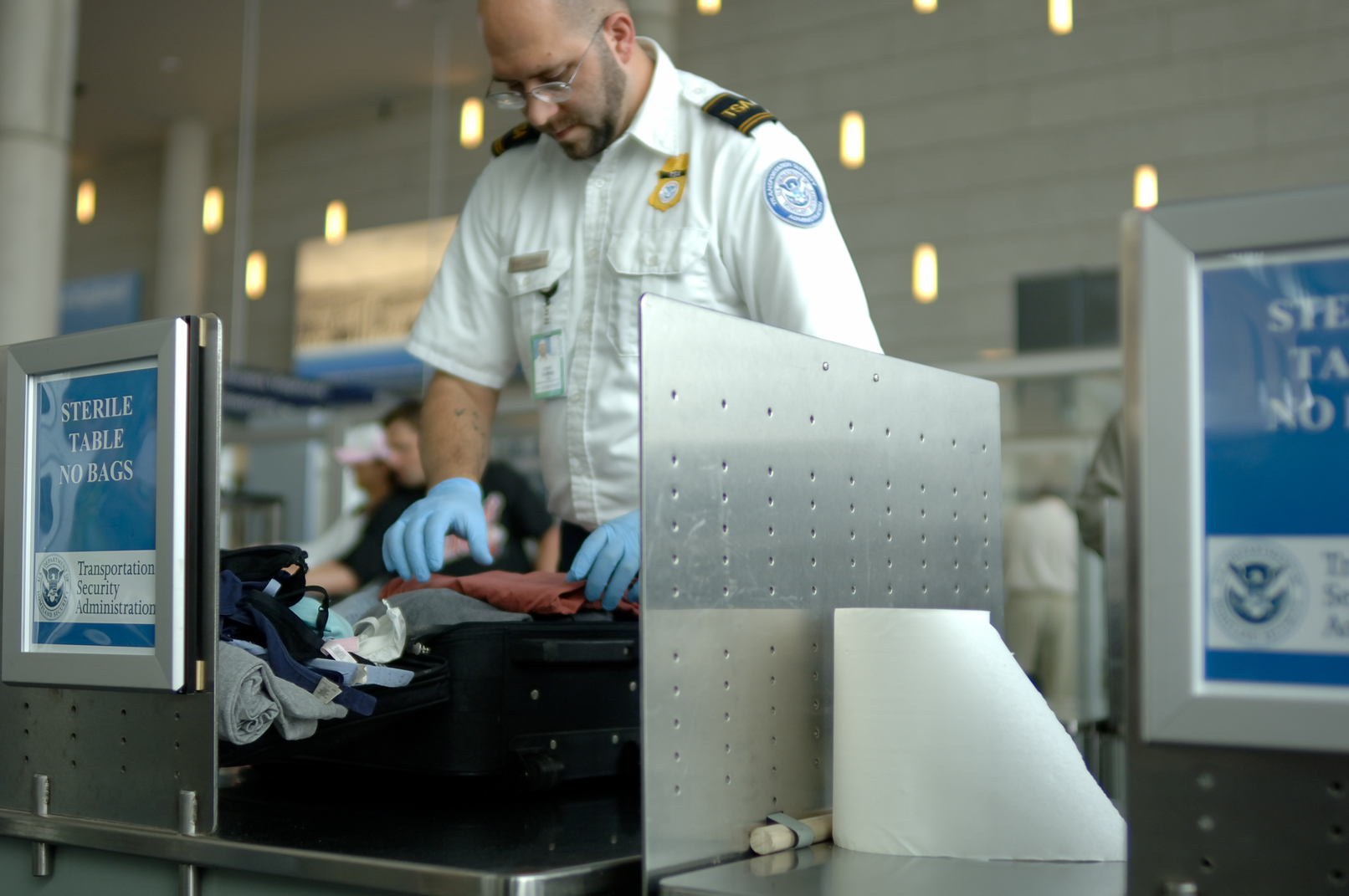A federal judge ruled this week that scanning students' rooms during remote exams violates the Fourth Amendment.
Articles Tagged with Fourth Amendment
On Tuesday, February 23, 2021, Judge John A. Gibney, Jr., U.S. District Court, Eastern District of Virginia, ruled that travelers have a clearly established right to record TSA screeners. Judge Gibney further ruled that the TSA agents involved in the lawsuit are not protected by qualified immunity.
On Monday, August 1, 2019, the United States Court of Appeals for the Eighth Circuit held that KWP, a seven year old boy attending the Kansas City Public Schools system, did not have his constitutional rights violated by Officer Brandon Craddock or the school's principal, Anne Wallace, when KWP was handcuffed for twenty minutes by the officer on school grounds. The Court further ruled that both the officer and principal met the requirements for qualified immunity on KWP's claims of unreasonable seizure and excessive force in violation of the Fourth and Fourteenth Amendments, brought under 42 U.S.C. § 1983.
Using state driver's license databases, agents are scanning through millions of Americans' faces without their knowledge or consent.
The ruling stemmed from the arrest of a man who had yelled "f--- you" out of his car window at an Arkansas state trooper.
In the latest legal challenge to the US Customs and Border Protection agency's broad authority over the border zone, two women from Montana have filed suit after being detained at a gas station solely for speaking Spanish.
On Friday, January 11, 2019, the United States Supreme Court granted certiorari in Gerald P. Mitchell v. State of Wisconsin (Docket No. 18-6210). The case questions whether a civil implied-consent statute in Wisconsin, permitting police officers to draw the blood of an unconscious driver, without consent, is constitutional.
A federal district court judge in Massachusetts recently issued a memorandum and order denying the government’s motion to dismiss a case challenging warrantless searches of electronic device at the US Boarder. The plaintiffs (ten United States citizens and one permanent resident) brought suit in September 2017 against the Department of Homeland Security (DHS), Customs and Border Protection (CBP) and Immigration and Customs Enforcement (ICE) alleging that the defendants’ conduct searching plaintiffs’ electronic devices at ports of entry to the United States violates the Fourth Amendment and First Amendment of the Constitution.
A divided Minnesota Supreme Court ruled last week that the Fourth Amendment of the US Constitution protects driveways from warrantless searches. This comes slightly ahead of an anticipated ruling by the US Supreme Court in Collins v. Virginia on a very similar legal issue.









